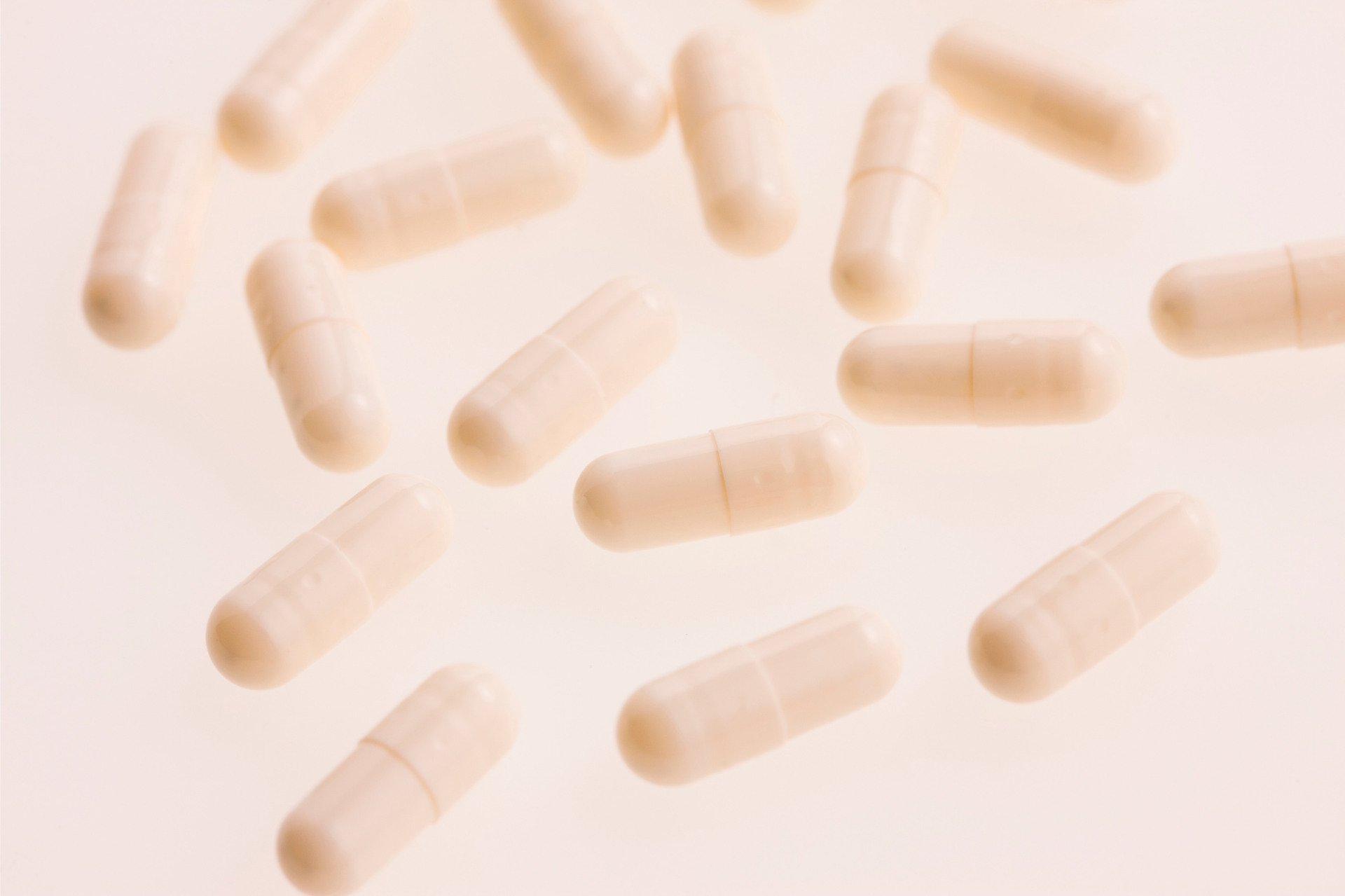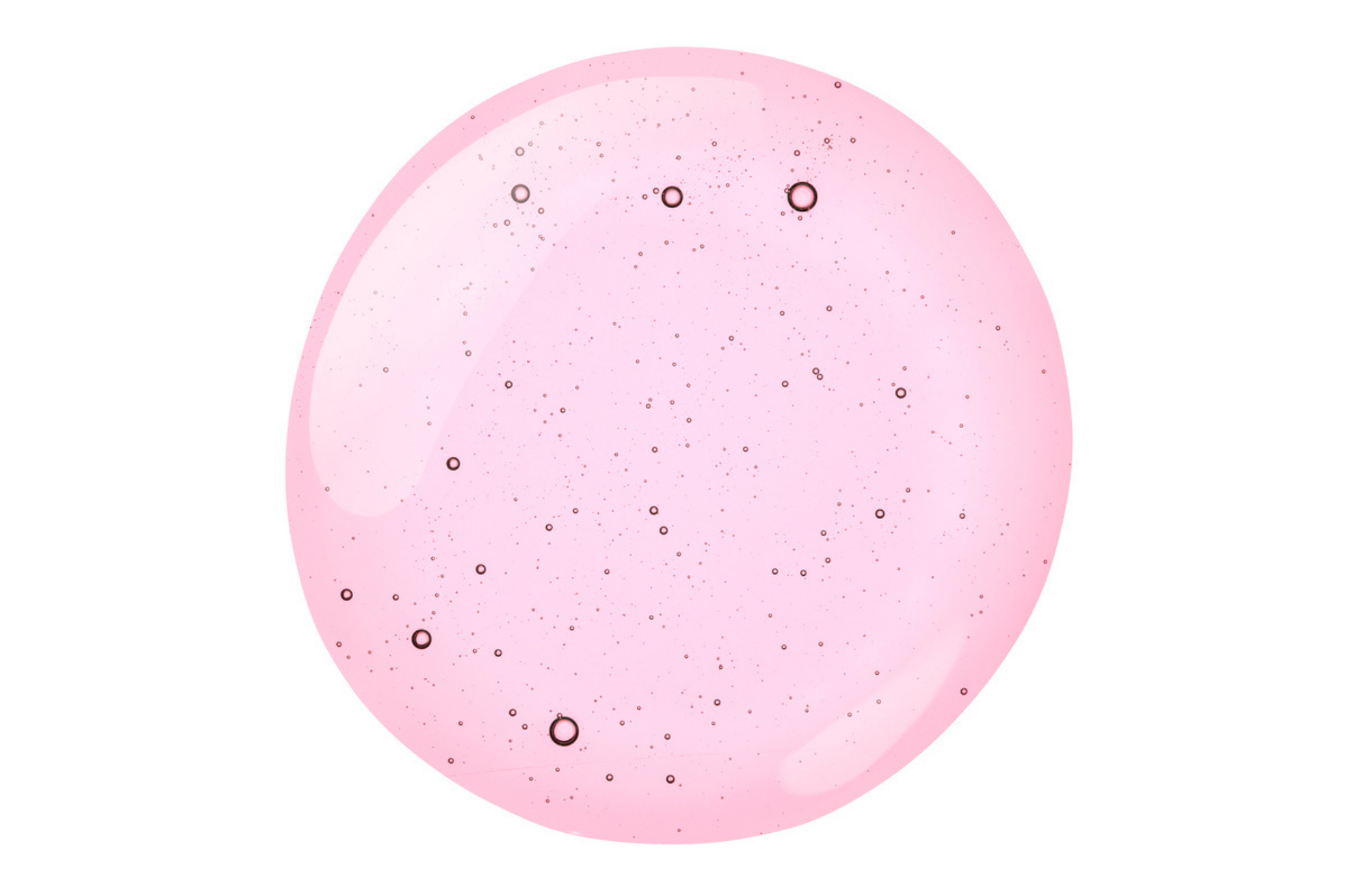Ingredient Fact File: Vitamin C
30th April 2019 / Ingredients
Ingredient Fact File: Vitamin C
Bold Commerce Collaborator

We’ve long reached for the orange slices and lemon infused teas when we feel a cold coming on, but have we ever wondered why? The answer is: Vitamin C. Vitamin C, otherwise known as ascorbic acid in its synthetic isolated form, is an essential vitamin and nutrient; one that cannot be produced by the body, meaning that we have to obtain it from our diet. The body is also unable to store vitamin C as it is a water-soluble vitamin and therefore we have to keep our levels adequately topped up each day through the food we eat and the supplements we take.
What is Vitamin C?
As its name suggests, vitamin C is a vitamin. Vitamins can be defined as “organic compounds essential for normal growth of the body. The body is unable to synthesise them itself and therefore needs to obtain them in small quantities from the diet”. Vitamin C was the first ever vitamin to be chemically synthesised and was first discovered over 100 years ago, back in 1912. It is named on the World Health Organisation (WHO) Model List of Essential Medicines, a list of the most effective and safe medicines deemed vital in a country’s health system.
What does it do?
Vitamin C is vital for good health and has a range of functions....
The first of these being that fact that Vitamin C is one of the most well known natural antioxidants. It provides protection from oxidative damage associated with highly reactive and potentially harmful free radicals. If you want to find out more information about antioxidants and why they are important, have a read of our dedicated antioxidant blog here. Its antioxidant character makes it beneficial for the body’s immune health as well as reducing chronic inflammation, which can lead to a host of chronic diseases.
Vitamin C has also been linked to improving the function of white blood cells; the body cells involved in fighting infection and strengthening the body’s immune defenses. Vitamin C has been shown to promote the production of the body’s white blood cells (specifically lymphocytes and phagocytes) as well as helping these white blood cells operate more effectively. As mentioned before, using its antioxidant property, it is also able to protect these helpful immune cells from free radical-caused oxidative damage.
Although vitamin C’s role in the immune system has not been fully identified, research shows that vitamin C levels are rapidly depleted during immune system activation - for example, during an infection. Vitamin C also readily transports into immune cells in high concentrations and these findings lead to the European Food Safety Authority (EFSA) confirming a cause and effect relationship between the consumption of vitamin C and functioning of a normal immune system.
Vitamin C plays an important role in the synthesis of collagen. Collagen is the main structural protein present in the body’s connective tissues, making it the most plentiful protein present in mammals, comprising 25%-35% of the whole body’s protein mass. Without vitamin C the body is unable to produce enough collagen and without collagen the health of the gut, skin, bone, cartilage and blood vessels is seriously compromised.
Scientific studies being conducted now, as well as research dating back to the 1940s show that wound healing time and efficiency is significantly affected in patients with vitamin C deficiency. Patients with scurvy, a disease associated with a serious vitamin C deficiency, had longer wound healing times as well as swollen joints, bleeding gums and loose teeth - symptoms all associated with a lack of vitamin C and thus a lack of the all important structural protein; collagen.
An indirect but equally important function of vitamin C is the role it plays in the absorption of iron. Iron is an important nutrient required by the body to make red blood cells (the blood cells that carry oxygen around our body) and vitamin C has the potential to increase the absorption of iron from our diets. One study even found that by consuming 100mg of vitamin C, iron absorption was increased by 67%.
Where can I get it?
The NHS recommend that adults aged 19 to 64 years get at least 40mg of vitamin C a day, with no more than 1000mg being consumed as this can lead to side effects. Vitamin C can be found in a wide variety of easily accessible foods. These include:
- Oranges and orange juice
- Kiwi fruit
- Broccoli
- Brussel sprouts
- Potatoes
- Spinach
- tomatoes
The best sources of vitamin C are fresh fruit and vegetables. When these foods are heated and cooked some of their vitamin C content can be destroyed, so eating these foods in their raw form is the best way to obtain as much of their vitamin C content as possible.
Many people choose to top up their vital vitamin C levels with a vitamin C supplement. Our Food Based Vitamin C & Bioflavanoids boost is a convenient and completely natural way of getting more vitamin C into your diet, along with the foods you eat. 2 capsules of our Vitamin C & Bioflavanoids boost provide 300mg of Food Based vitamin C, which is 1,210% more bioavailable in the body than the synthetic isolated form of vitamin C; ascorbic acid. Our Food Based vitamin C exists in our supplement within its whole matrix of proteins and naturally occurring bioflavanoids, which add even more antioxidant power to the blend.
From The Blog
-

1st March 2022 / Health / Ingredients
Benefits of Boswellia for joint health
Boswellia might just be the best kept secret for supporting long term joint health, want to find out some of the key benefits of Boswellia? Look no further, let's delve right in! Boswellia is a sp...
Read article -

1st March 2022 / Health / Ingredients
Why magnesium is the wonder mineral for performance
Magnesium is probably one of the most important nutrients for feeling your best every day, yet it’s not talked about often enough. It’s commonly deficient in our diets, with a 2018 study finding th...
Read article -

19th March 2021 / Health / Ingredients
What is hyaluronic acid?
Hyaluronic acid is something of a buzz word when it comes to skin. You’ll find it in skin creams, serums and masks but what actually is it, and how is it good for your skin? We’ve included this mir...
Read article




